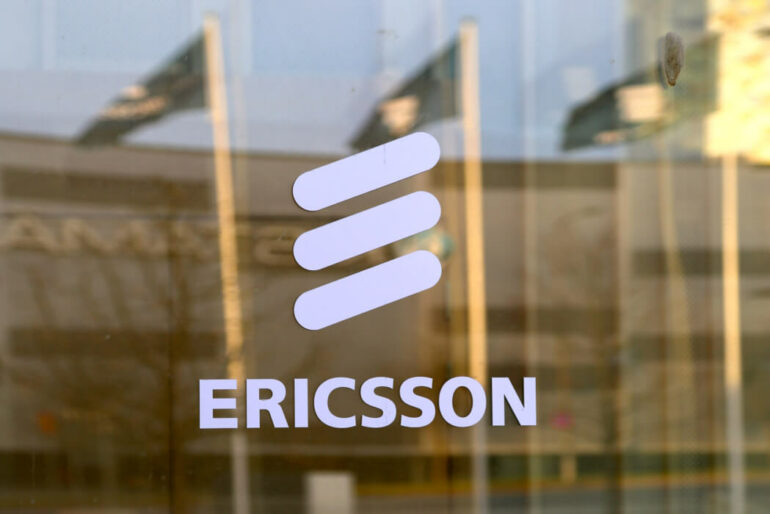Swedish telecom gear giant Ericsson has established a quantum research hub in Montréal.
As part of this hub, it’s teaming up with two nearby postsecondary institutions, the University of Ottawa and the University of Sherbrooke. Ericsson Canada plans to pair company researchers with post-doctoral fellows at the partnering universities to carry out fellowships at the telecom tech firm.
“There are winning conditions established here.”
– Nathan Gibson, Ericsson Canada
With this new hub, Ericsson aims to facilitate telecom-related quantum research that it can commercialize. The Ericsson Canada centre will play home to research projects focused on how quantum-based algorithms might accelerate processing in telecom networks and distributed quantum computing.
Asked why the company chose Montréal for its hub, Ericsson Canada head of communications Nathan Gibson told BetaKit, “There are winning conditions established here.”
“Both [the] federal and provincial governments see the [quantum] area as strategic and are aligning their efforts,” added Gibson, who also cited “the strength of the Québec ecosystem and finally the talent emerging in the high quality universities we have” as draws for Ericsson.
As Ericsson Canada president Jeanette Irekvist noted in a statement, part of what attracted Ericsson to launch this quantum initiative in Canada was the country’s growing quantum science and technology ecosystem, which the Government of Canada hopes to bolster with its $360 million CAD National Quantum Strategy.
Magnus Frodigh, VP and head of Ericsson research, said in a statement that the company is exploring a variety of potential communications-related applications for quantum technologies, with the goal of reducing computation time and memory footprint.
“The research collaboration with the University of Sherbrooke and the University of Ottawa will be an important vehicle to explore many questions along the joint exploration of such advanced technologies,” he added.
RELATED: Government of Canada reveals plans for $360 million National Quantum Strategy
In Canada, Ericsson provides telecommunications hardware, software, and services to firms like Bell, Rogers, and Telus. Ericsson Canada has 3,100 employees across its existing 5G research and development centres and offices in Montréal, Ottawa, and Toronto. The company also has an existing artificial intelligence research hub in Montréal.
Speaking to Ericsson Canada’s role within Ericsson’s overall research efforts, Gibson said, “Ericsson does research on a global scale, but Ericsson Canada continues to be a very significant contributor to the group.”
Asked whether Ericsson plans to hire new employees for this quantum research hub, Gibson was non-committal, noting that existing researchers are working with the University of Ottawa and the University of Sherbrooke. “The number of staff assigned will be reviewed periodically as we develop more collaborations in this area,” he added.
The announcement of Ericsson’s new hub comes months after the Government of Canada revealed plans for its National Quantum Strategy, which is aimed at building on Canada’s strength in quantum research, expanding the nation’s selection of quantum-ready technologies, companies, and talent, and solidifying Canada’s global leadership in the space.
The country currently houses a growing quantum ecosystem, from hubs like the Perimeter Institute, PINQ2, and Quantum City, to companies like Xanadu, D-Wave, and Nord Quantique, and investors like BDC Capital, RiSC Capital, Boreal Ventures, and Innovobot.
Feature image courtesy Ericsson.


